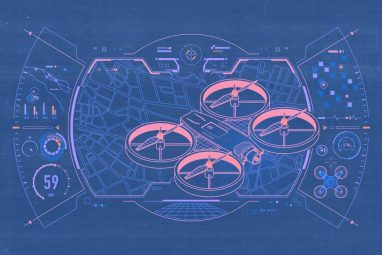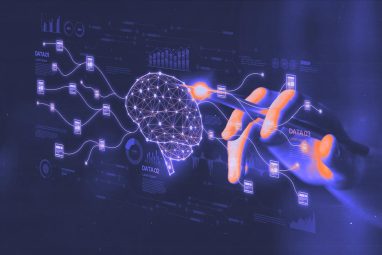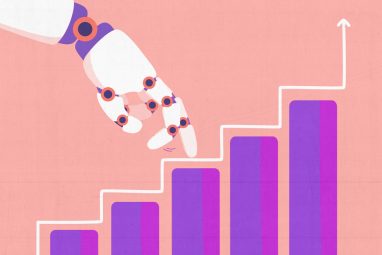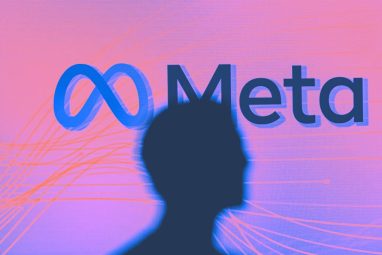Andrej Karpathy Says AI Agents Are Not There Yet
Karpathy believes that truly autonomous AI agents are still a decade away, citing major gaps in reasoning, memory, and reliability.
Topics
News
- MBZUAI Unveils K2 Think V2, Advancing the UAE’s Push for Fully Sovereign AI
- ENEC, TII, and ASPIRE Partner to Advance Autonomous Aerial Systems
- OpenAI Bets on AI to Streamline Scientific Research Workflows
- AI Use Is Rising at Work but Productivity Gains Lag
- Meta Signals Shift Toward Paid Features With Subscription Tests Across Its Apps
- All LLMs Are Trained on the Same Data’: Oracle Chief Flags AI’s Biggest Challenge
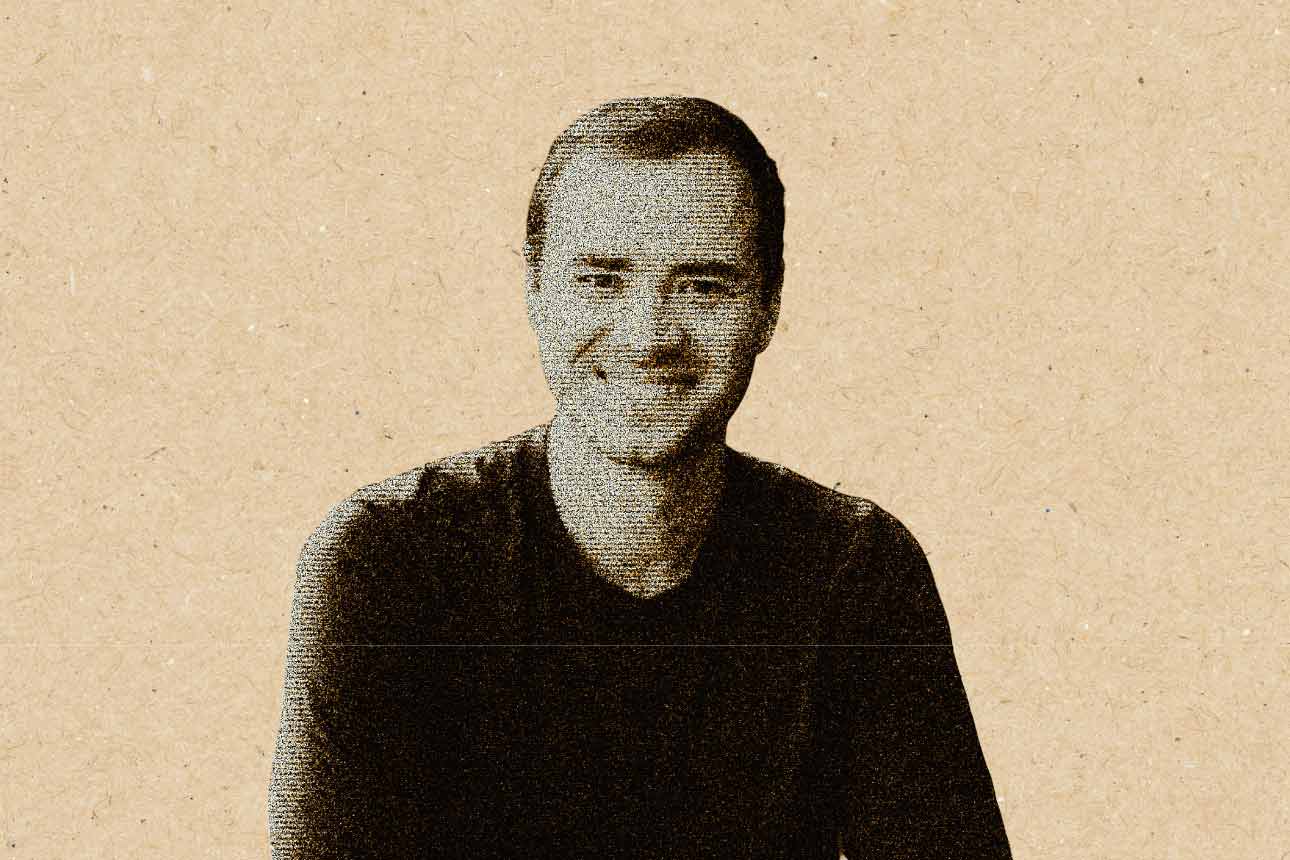
OpenAI cofounder Andrej Karpathy isn’t buying into the hype around AI agents — at least, not yet. Speaking on the Dwarkesh Podcast, Karpathy said that truly functional AI agents are still about a decade away.
“They just don’t work,” he said. “They don’t have enough intelligence, they’re not multimodal enough, they can’t use computers properly. They don’t have continual learning — you can’t tell them something and expect them to remember it. They’re just not there yet.”
AI agents are systems designed to complete tasks on their own, such as writing code, scheduling meetings, or booking travel. They have become one of the hottest topics in tech in 2025. So much so that many companies and investors have called 2025 “the year of the agent.” But Karpathy believes the industry is getting ahead of itself.
He later wrote on X, “The industry lives in a future where fully autonomous entities collaborate in parallel to write all the code and humans are useless.” Karpathy doesn’t see that as a desirable outcome. Instead, he imagines a future where humans and AI systems work together — where machines assist but don’t replace people.
Karpathy doesn’t want an agent that goes off for a few minutes and comes back with a thousand lines of code. “I want to learn along the way and become better as a programmer, not just get served mountains of code that I’m told works. I just think the tools should be more realistic w.r.t. their capability and how they fit into the industry today, and I fear that if this isn’t done well we might end up with mountains of slop accumulating across software, and an increase in vulnerabilities, security breaches etc,” he mentioned in the tweet.
He knows the challenges firsthand. Before helping to found OpenAI, Karpathy taught deep learning at Stanford University. He later led Tesla’s computer vision team for its Autopilot system and returned to OpenAI in 2022 to work on GPT-4. He left again in 2024 and has since launched Eureka Labs, an online “AI-native school” aimed at teaching people how to build and understand neural networks from scratch.
Even with his long experience in AI, Karpathy says the current wave of agent talk is premature. Large language models like ChatGPT, Claude, and Gemini are powerful tools, but they still struggle with reasoning, memory, and reliability.
While he agrees that AI agents will eventually become more capable, Karpathy believes the journey will take much longer than most expect. “It will take about a decade to work through all of those issues,” he said.
Karpathy’s take challenges the trillions currently being poured into the AI industry since ChatGPT was launched. The market is betting on a sprint, but Karpathy is sure that it is at least a decade long-run.



